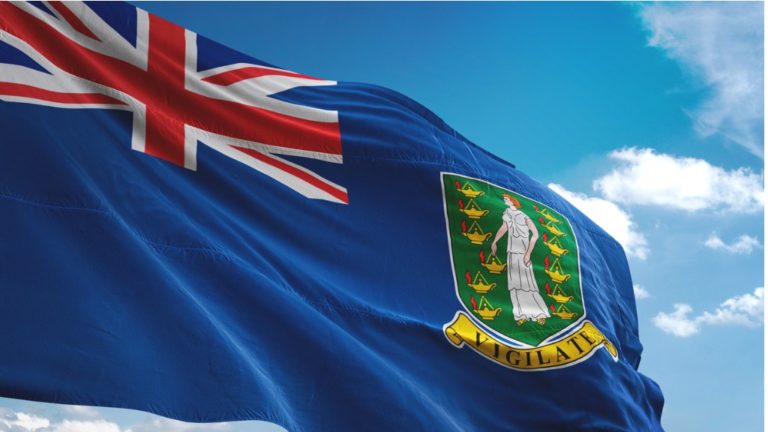 Deprecated: strip_tags(): Passing null to parameter #1 ($string) of type string is deprecated in /var/www/vhosts/iestork.org/httpdocs/wp-content/themes/Newspaper/loop-single.php on line 64
Deprecated: strip_tags(): Passing null to parameter #1 ($string) of type string is deprecated in /var/www/vhosts/iestork.org/httpdocs/wp-content/themes/Newspaper/loop-single.php on line 64" />
The British Virgin Islands, part of the Eastern Caribbean Islands, is an overseas self-governing territory of the United Kingdom. The relationship between both states dates back to the British colonial empire, of which the British Virgin Islands were part. As part of being an overseas territory, all islanders are citizens of the United Kingdom as of 2002. Despite this, in 2007, the British Virgin Islands enacted their first constitution in an attempt to increase self-governance by becoming a more self-sufficient and independent nation.
However, this Caribbean territory has been infamous for being a global tax haven associated with the Pandora Papers Leak and struggling with large-scale corruption at both governmental and civic levels. Several claims of governmental corruption have included the misuse of tax revenue and doubts concerning procurement systems. Some of the landmark corruption cases against the BVI government include the £30 million COVID-19 relief fund being illegally redirected to politicians, and an Islander policeman being found with £200 million worth of cocaine, further questioning the integrity of the British Virgin Islands institutions.
As corruption concerns grew throughout the Caribbean nation, British Judge Sir Gary Hickinbottom was commissioned by the United Kingdom to run an inquiry into corruption within the British Virgin Islands at the governmental level in January 2021. This investigation illuminated the worrying levels of corruption that could hinder the state’s ability to self-govern.
Nonetheless, even as worry concerning corruption within the nation continues to rise, the leaders of the BVI, Andrew Alturo Fahie (Prime Minister) and Oleanvine Maynard (Director of Caribbean Ports), were arrested on Thursday, April 28th, 2022, in Florida, USA. Facing charges of cocaine smuggling—further jeopardizing confidence in the current governance system and politicians in the British Virgin Islands. The public speculates that the Prime Minister’s administration agreed to use BVI port Tortola as a pathway for cocaine to the United States of America, mainly towards Miami, Florida.
Following the arrest of Prime Minister Alturo Fahie, a vote of no confidence was successfully passed by both parliaments in the UK and BVI, prompting the appointment of former Prime Minister Natalio Wheatley as the new sitting Prime Minister. Along with the appointment of a new Prime Minister, the findings of the ongoing corruption inquiry have led to a series of recommendations that have received the dissent of islanders and other Caribbean countries.
The two main suggestions have been the suspension of the current British Virgin Islands constitution and the dissolution of the government for two years, meaning that the British Virgin Islands would now be under London’s direct rule. Lead judge Sir Gary Hickinbottom described the corruption situation as “appallingly bad” and urgent. As mentioned before, there’s resistance from the public. The seven other Caribbean states constituting the Organisation of East Caribbean States (OECS) have dissented these suggestions with statements like, “It is ill-advised to impose direct colonial rule and the history of such imposition in the Caribbean has never delivered the desired result.”
Newly appointed Prime Minister Wheatley also disagreed with these suggestions by stating, “Every country in the world has challenges with governance, including the UK,” and further arguing that the corruption situation and a transition to a fully functioning democracy can be handled without direct rule from London. In further dissatisfaction, the British foreign minister was met with street protests consisting of citizens and politicians as the commission seeks to find an effective solution to the corruption crisis facing the British Virgin Islands.
As this layered corruption inquiry continues to unfold, it is with keen interest that many interested parties monitor how the United Kingdom handles this very political yet delicate situation. Will the UK release this overseas territory to enable it to establish its own sovereign, democratic state? Or will both parties manage to reach a reasonable agreement that still allows both parties to maintain their political interests?